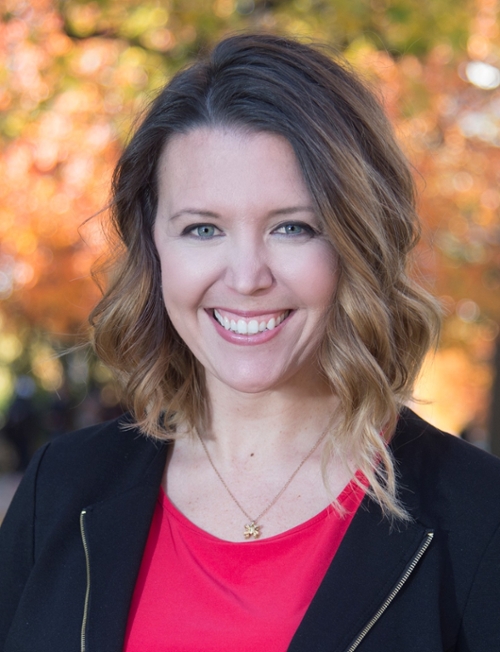Funding Summary
Dr. Kelleher and her group have been developing telehealth-based interventions to improve the mental wellness of those caring for individuals with neurodevelopmental disorders. Here, they will expand an existing caregiver support program (Well-CAST) to families with PWS and another disorder (Williams Syndrome, WS). They will evaluate different telehealth-based treatment strategies to determine which are most feasible, acceptable, and effective in addressing the mental health needs of caregivers.
Dr. Theresa Strong, Director of Research Programs, shares details on this project in this short video clip.
Lay Abstract
Caregivers of individuals with rare disorders have been profoundly impacted by the COVID-19 pandemic. This study will directly support well-being of caregivers by providing high-quality therapeutic treatments through convenient virtual (telehealth-based) delivery. The goals are to identify the key needs of treatment-seeking caregivers of individuals with Prader Willi Syndrome (PWS) and Williams Syndrome (WS), and to determine which telehealth-based treatments might be most feasible, acceptable, and effective in addressing these needs. For the Prader Willi portion of the project, 47 caregivers will be enrolled in this study and assigned to one of three treatments. Participants will also track their daily experiences in real life deployed via smartphones focusing on stress, relationship satisfaction, quality of life and caregiving burden.
This project builds upon existing successful caregiver support program (Well-CAST) that showed very positive experiences among caregivers receiving patient-centered caregiver mental health supports virtually. Our initial study used Acceptance and Commitment Therapy, which is a treatment for managing life stress. The current study will continue to use this treatment, while also incorporating two additional treatments: Dialectical Behavioral Therapy, which is a treatment for managing intense negative emotions, and Integrative Behavioral Couples Therapy, which is a treatment to develop healthy communication styles in couples.
Results from this study will help us to better understand the complexity of caregivers’ daily experiences and how to best target future treatments to meet caregivers’ diverse needs. This study will also advance the literature on PWS and WS caregiver needs, and the best ways to treat those needs. The next step in this model would be to increase the scale of this treatment model in order to reach a broader range of caregivers nationwide.
Research Outcomes: Public Summary
Among PWS caregivers, daily caregiving burden can make accessing mental health support difficult. Restricted resources during the COVID-19 pandemic further exasperated these challenges. The present study leveraged a community-academic partnership to pilot three virtual telemental health therapies – Acceptance and Commitment Therapy, Dialectical and Behavioral Therapy, and Integrated Couples’ Behavioral Therapy – in a sample of 80 caregivers of individuals with Prader Willi syndrome and Williams syndrome. Across 12 weeks of treatment, caregivers completed clinical assessment forms and daily ecological momentary assessments to monitor well-being and mental health. Results provide preliminary evidence that each treatment was feasible, acceptable, and potentially effective in addressing the mental health needs of most caregivers. This work suggests that community-academic partnerships may provide a useful model for supporting caregivers, while also training the next generation of providers ready to meet the unique, persistent needs of this population. Randomized controlled trials are a necessary next step to determining efficacy. Given that mental health challenges for caregivers pre-dated the pandemic and continue to persist, identifying suitable treatment options remains high priority.
Research Outcomes: Publications
Comparing evidence-based telemental health treatments for caregivers of children with Prader Willi and Williams syndromes: feasibility, acceptability, and preliminary outcomes. Graham, L. N., Vozka, V., Foti, D., Wheeler, A., LeMaire, K., Carter, A., Tueller, S., Rispoli, M., Fadel, W., Neo, W.S., Emerson, K., Naughton, R., Frank, E., Kelleher, B. (2025). Cognitive Behaviour Therapy, 1–17. https://doi.org/10.1080/16506073.2025.2583119
Funded Year:
2021
Awarded to:
Bridgette Kelleher, Ph.D.
Amount:
$56,700
Institution:
Purdue University
Researcher:

Bridgette Kelleher, PhD




